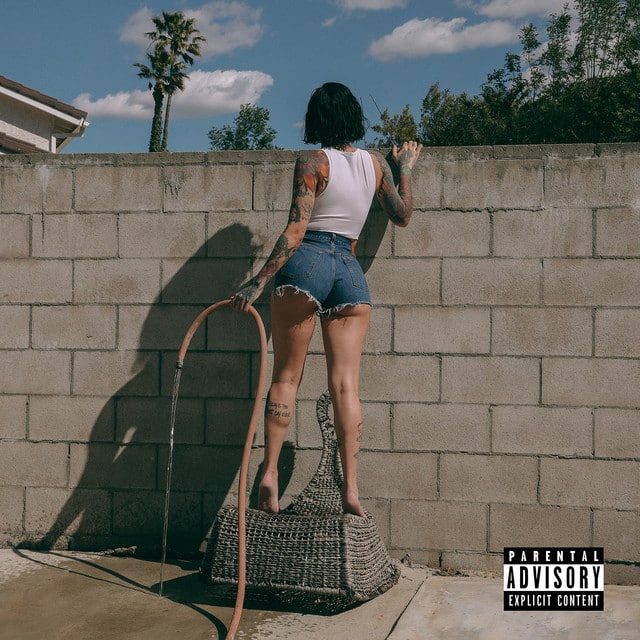Released: 2024
Kehlani’s song “Lose My Wife” dives deep into the emotional turbulence of self-sabotage, temptation, and the potential loss of a valued relationship due to reckless behavior. The narrative she paints is one of a night filled with indulgence and distraction, capturing the fear of consequences that come from straying too far. The protagonist in the lyrics battles with the anxiety of losing something dear as they question their own actions, trying to reconcile with the duality of wanting to change but being pulled towards chaos.
The repeated lines in the hook, “And if I make it home, Damn, I would feel so wrong,” sets the tone for the whole song. Here, Kehlani is expressing guilt and self-awareness of her irresponsible behavior. The repetition emphasizes the deep-seated conflict and remorse over potentially losing what she holds dear due to a night of carelessness.
Kehlani kicks off the verses with vivid imagery of “wildin’ out” – a term in urban vernacular meaning partying or behaving uncontrollably. Her use of this phrase encapsulates a sense of reckless abandon and hints at nights that blur with excessive behavior. She’s caught up in the thrill of the moment, yet aware of its impending negative aftermath.

The line “I might lose my wife tonight” encapsulates the central dilemma of the song: a momentary lapse that could lead to a lasting consequence. Kehlani expresses both hyper-awareness and a sense of dread. She repeats “I might lose my wife, I might lose my life,” showing a deep-rooted anxiety about the repercussions her actions could cause. The word ‘wife’ is symbolic here, not necessarily meaning an actual spouse, but rather representing something precious that she’s at risk of losing.
Continuing with, “I been drinking and driving, we’ve been fighting,” Kehlani paints a raw picture of dysfunction and self-destructive behavior. Drinking and driving signify not only a literal risk but also metaphorically highlight how out of control her life feels. Fighting with her partner while under the influence hints at the disintegration of trust and communication.
The narrative shifts to social interactions with lines like “I been dancing on my homegirls, Throwing ass on a few strangers,” where she admits to behaving in ways that might be seen as inappropriate for someone in a committed relationship. It’s part of a wider pattern of pushing boundaries, yet she sees it as a natural part of expressing love, calling it “a part of my love language.” This line sheds light on a justification often used for boundary-crossing behavior – misconstruing carelessness as just a quirk of personality.
Further, Kehlani mentions, “I been spending all this money on strippers with pretty faces,” an act symbolizing an attempt to fill an emotional void with materialism and transient satisfaction. There’s a realization here of wasted efforts on temporary thrills which add nothing of real value to her life. “If you wanna get your rocks off, I can take it,” suggests an attitude of resignation, an almost nihilistic approach to resolving issues, prioritizing immediate satisfaction over genuine connection.
“So what you really mad about? I didn’t even kiss her on the mouth” brings forth a defensiveness. Here, she questions her partner’s concerns, minimizing her actions and suggesting they’re not significant enough to cause real harm. It’s an insight into how denial works in rationalizing mistakes, seeing lines as less crossed than they truly are.
“You should know it’s yours without a doubt, You won’t ever catch me crashin’ out” displays a contradiction. She pleads for trust while admitting to behaviors that naturally erode it. These lines suggest a fear of commitment that sabotages stability; despite this, there’s a stubborn insistence that the core loyalty is intact.
The closing of the song circles back to the opening hook, where Kehlani reasserts the tension between action and consequence. The overarching story is one of struggling with one’s inner demons and the looming fear of irreparable loss. Historically, this kind of narrative is reflective of hip-hop’s tradition of introspective storytelling, offering a window into the complicated emotions of love, fear, and remorse.








